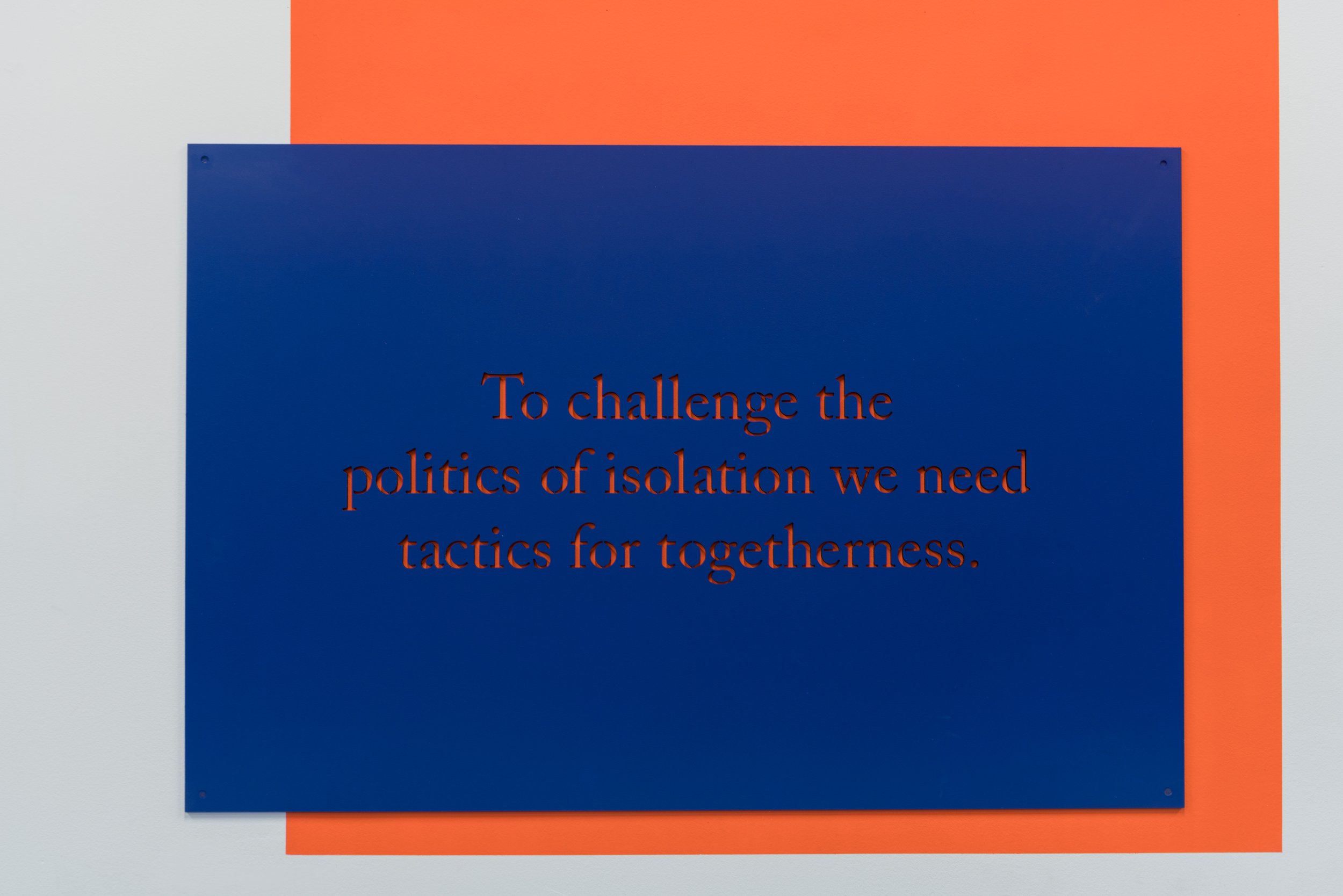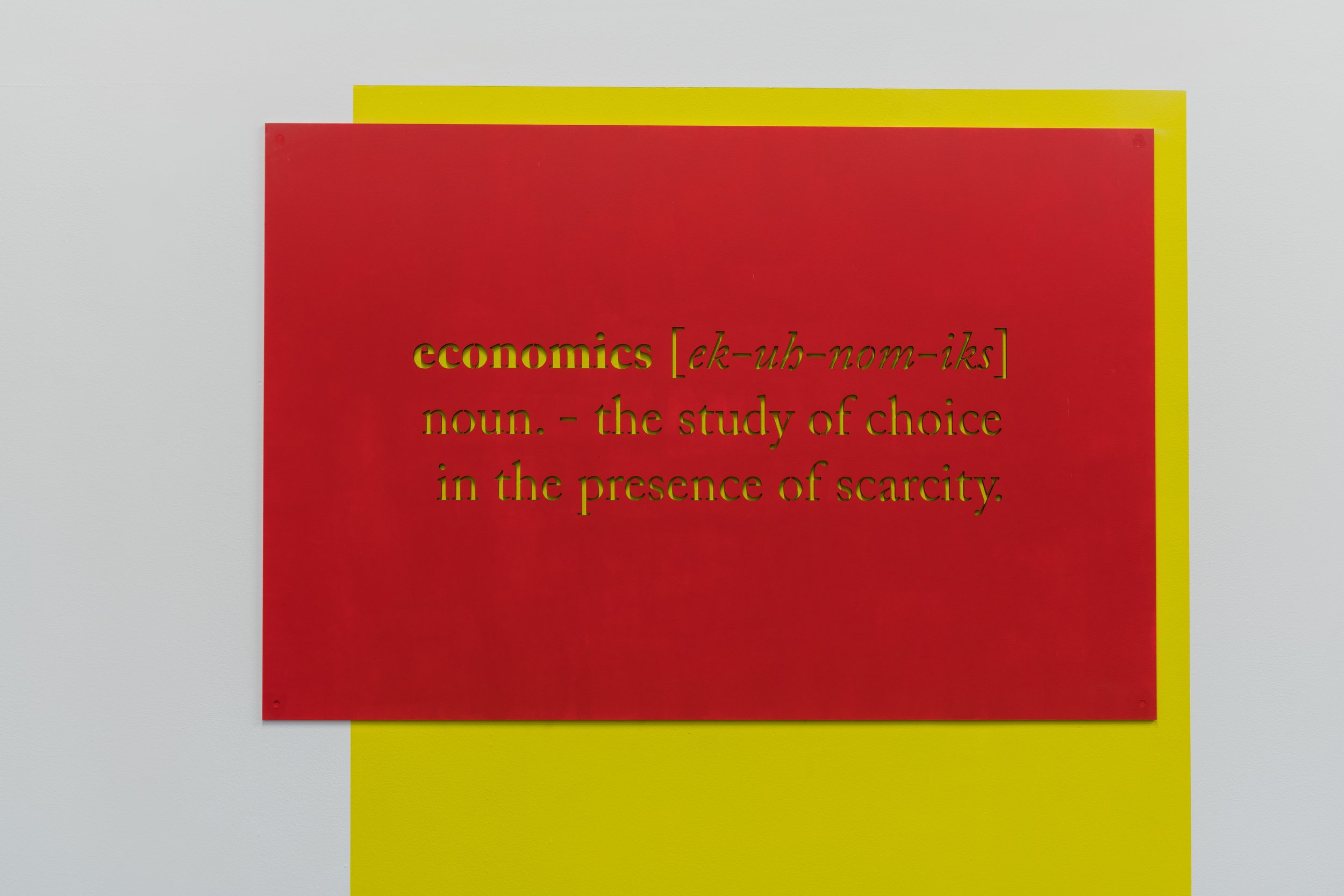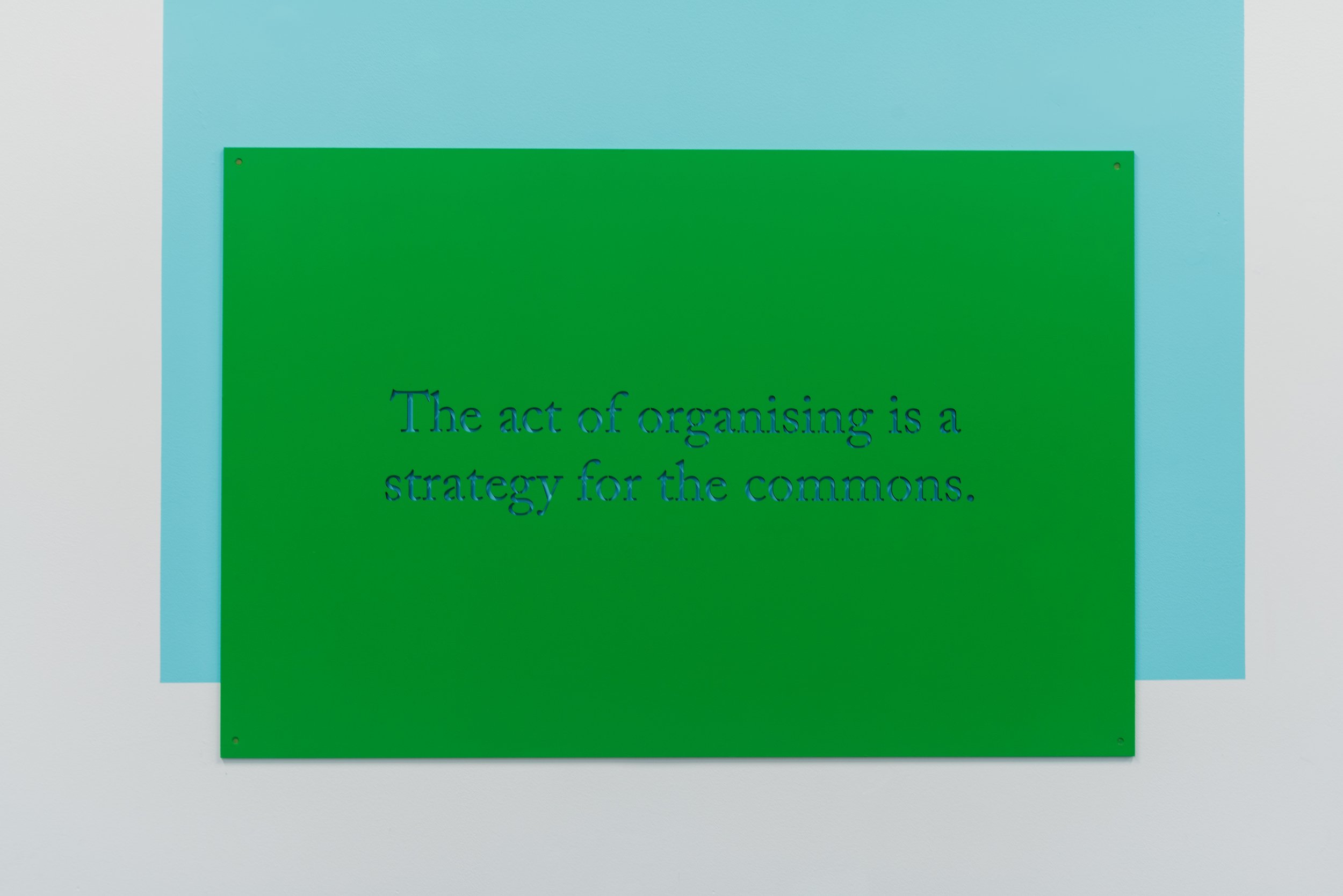Intersections Commission #4: Ian Nesbitt | April–December 2016



The fourth Intersections commission saw Ian Nesbitt take as his starting point time-banking and sharing economy networks based in Nottingham.
The principle of time-banking is very simple – for every hour that you spend sharing your skills you receive one time credit, which you can swap when you need something. One hour’s work equals one time credit – all skills have equal value. It works on an egalitarian system, where one hour of one person's time is worth one hour of anyone else's, regardless of their skill. For example, legal advice would be no more 'valuable' in this sense than going to the shops.
By physically exploring the hidden, yet robust, systems of community-building and mutual support indicated by information supplied by the database, the project sought to re-imagine an area of the city using the interpersonal and experiential rather than the physical or bureaucratic as primary distinguishing factors. By meeting, learning from and sharing knowledge with those who are part of the existing network, a new map emerges.
Economics = Capitalism. Capitalism is about what we keep for ourselves.
Ek-Uh-Nom-Iks = The Commons. The Commons is about what we share.
The Ek-uh-nom-iks project developed through a series of conversations and workshops exploring what we share in local communities, and culminated in ‘The Commoners Fair’: day of talks, conversation, performance, food and workshops exploring ideas of alternative economies and the sharing of knowledge within a community.
The Commoners’ Fair tested out formats that Primary has continued to work with through our public programme - including regular Skillshares and ‘Tell Me Something I Don’t Know’.
Read Ian's reflections on the project on Primary’s Research page.
Intersections was a strand of commissions running from 2014-2016 that expanded Primary’s activity beyond the boundaries of the building, engaging with people and places in the local area. Each project extended an invitation to individuals and communities to share and explore specific sets of knowledge, in connection to artists’ research and production processes. The Intersections programme was kindly supported by the Esmée Fairbairn Foundation.